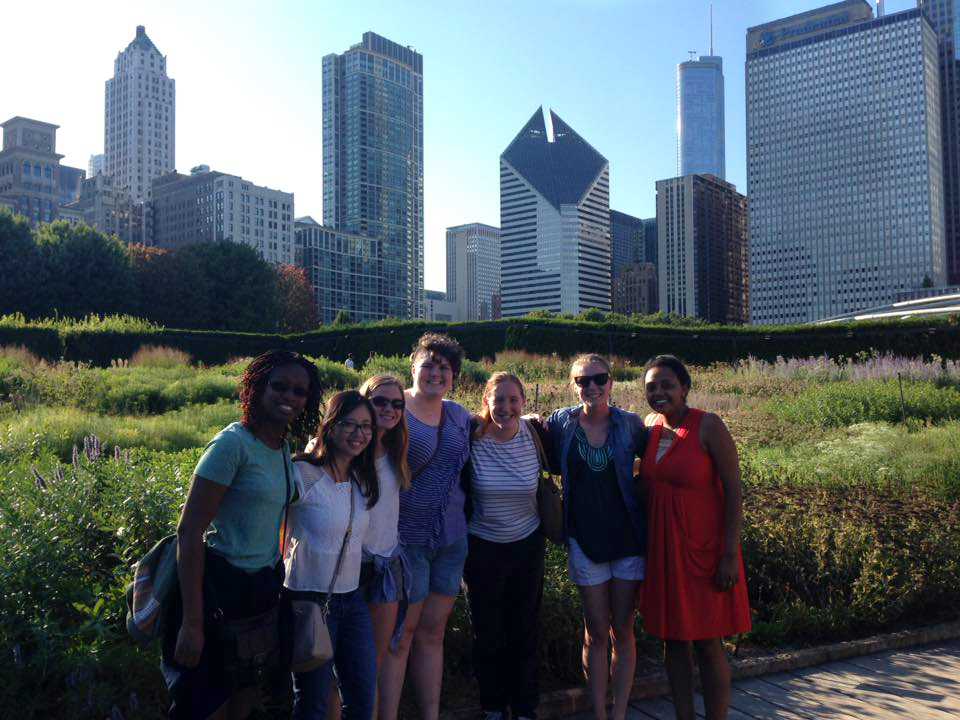This post is part of our Humans of LWR series, which seeks to provide a glimpse into the lives of the people who take part in our mission of ending poverty, injustice and human suffering.
Hello! My name is Lingrong Guo or 郭玲榕 in Chinese. I go by Ling. I am the 2016-2017 Lutheran Volunteer Corps Program Assistant for the External Relations department at LWR.
My family emigrated from Fuzhou, China to South Carolina when I was seven. Since then, I have lived in the Charlotte, NC area and the Atlanta area. I had the fortunate opportunities to have extensive stays at Beijing and Guangdong, China through the Fulbright-Hays Group Projects program and at Xiamen, China through the University of North Carolina Charlotte (UNCC) Cross Cultural Psychology pilot program, as well as at Ecuador and Peru through the generosity of my host family.
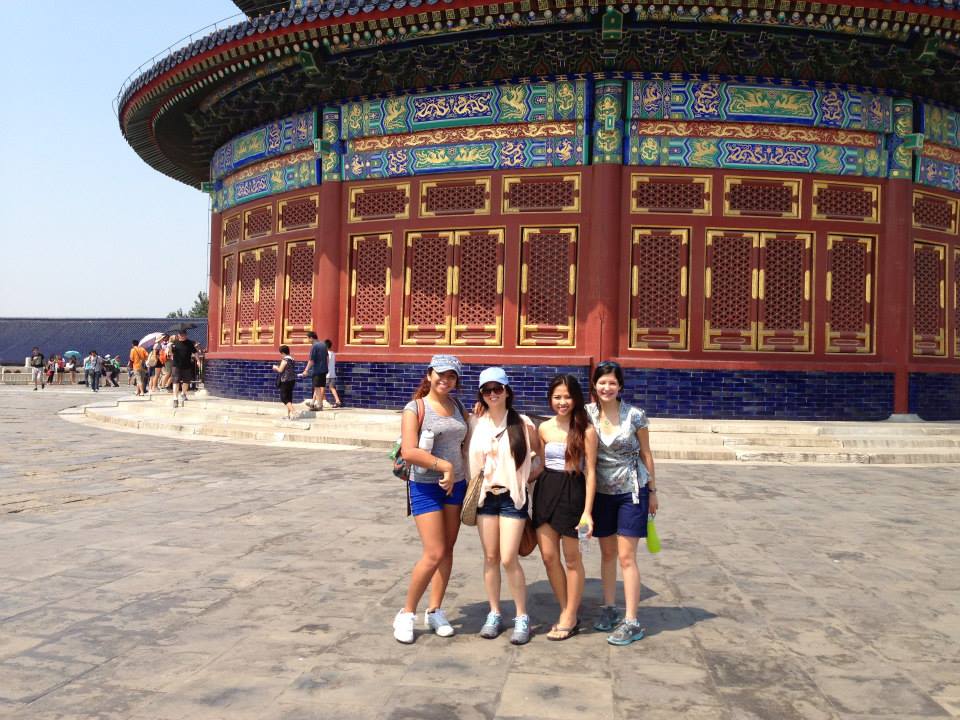
For my undergraduate degree, I majored in International Studies, with minors in Chinese and Psychology from UNCC, where I graduated in May 2015. I started college as a double major in International Studies and Art but then decided to focus on International Studies. International Studies was a better fit for me because I enjoy working with information and problem solving. When I was growing up, I was the kid with random facts about one country or another and reciting scenes from historical fiction (I grew up on old Chinese historical dramas - thank you, mom, dad and grandparents). The International Studies discipline requires digging into complex issues, learning about different perspectives, and reconciling conflicting ideas. Occasionally, my professors would say, “This is a tough topic. Are you sure you want to write your paper on it?” Most of the time, choosing another topic is not an alternative that I would be satisfied with until I find the answer(s) or have a better grasp of the topic.

After graduation, I worked in business development and digital content analysis at a wholesale company and a Fortune 100 company. I enjoyed both experiences but I wanted to feel connected to the international community working on global challenges such as poverty, conflict resolution, and climate change. I missed the creative and collaborative environment of my internship at the World Affairs Council of Charlotte and the student organizations I led, as well as using the insightful learning from my coursework.
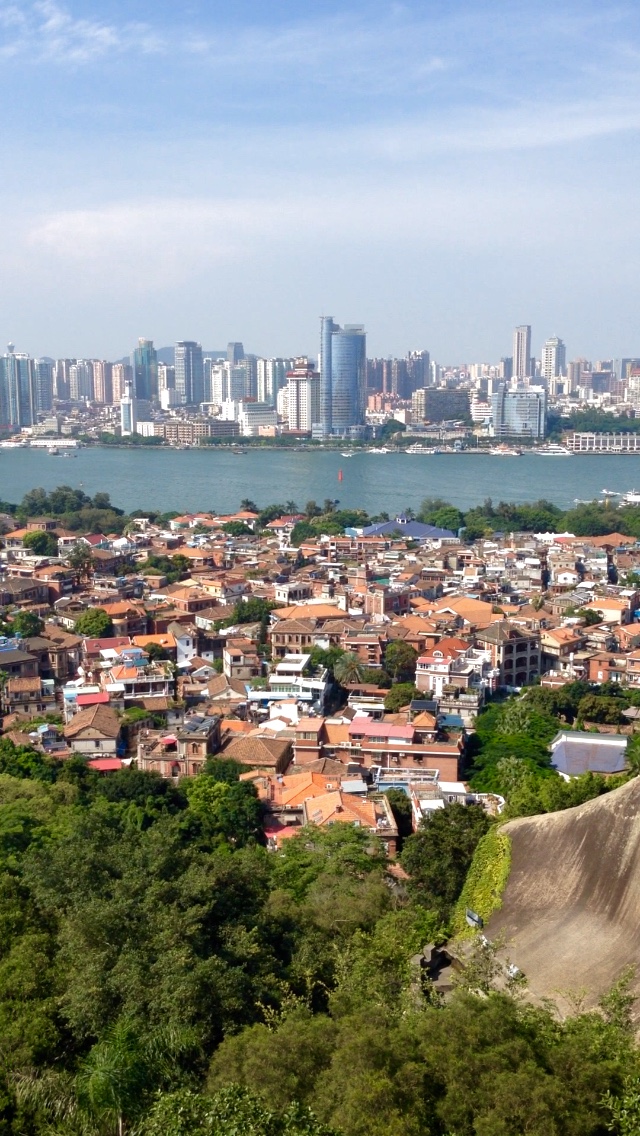
In April, I visited a close friend from high school who was a Volunteer at Berkeley, CA. After speaking to her housemates and discussing our goals in the social justice field, Lutheran Volunteer Corps seemed like a good fit for my values and would further my journey of supporting positive peace processes. During my second year of college, I became interested in what peace means. I took a couple of courses where we researched and compared the technical definitions of peace and what it means to individuals living in conflict. Positive peace is not necessarily the absence of conflict, but it is the brave presence of inclusive dialogue to resolve conflicts. I believe the core values of the Lutheran Volunteer Corps are necessary to establish positive peace – social justice, sustainability, spirituality, and intentional community.
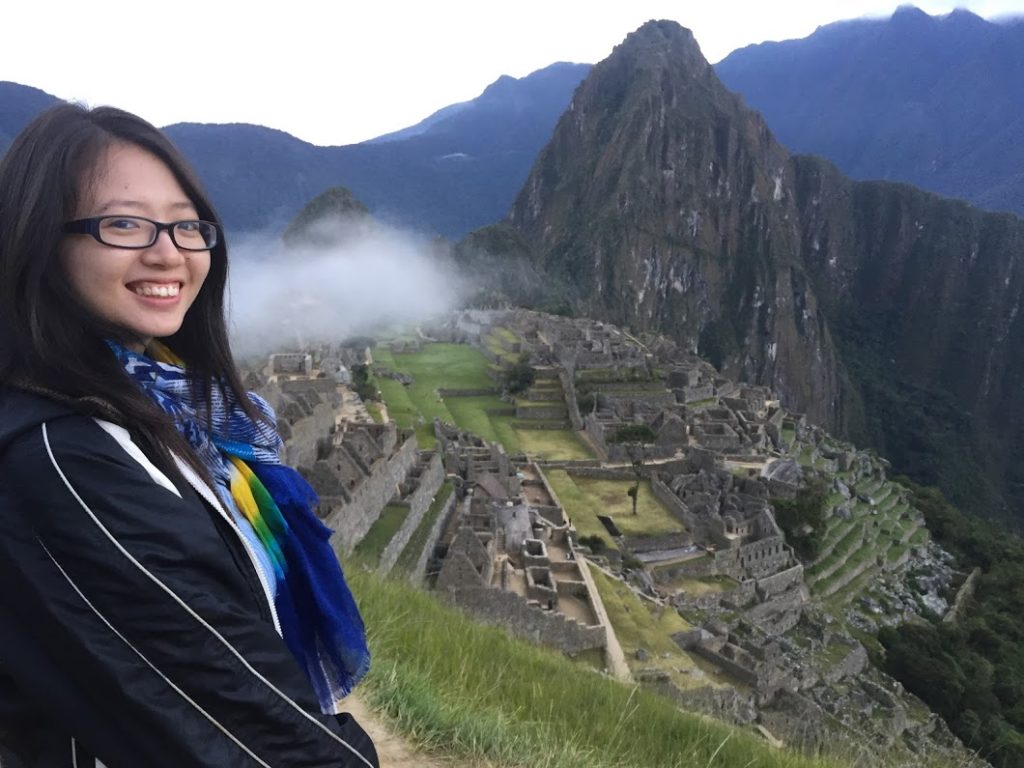
Lutheran World Relief’s work is compelling to me because of its focus on sustainable development, its holistic approach and individual-level interactions. Poor Economics by Abhijit V. Banerjee and Ester Duflo helped me understand what causes the gap between a development organization’s intentions and the results. Through reading about LWR’s work and values, I believe LWR implements projects that take to heart one of the key takeaways from the book, which is that effective development work needs to consider all the facts that makeup one’s experience – from a person’s biological needs, to their cognitive processes, to how much income they earn, to the social, political, and physical environment in which they live in. It is in the interconnectivity of people and nature that I find my spirituality.
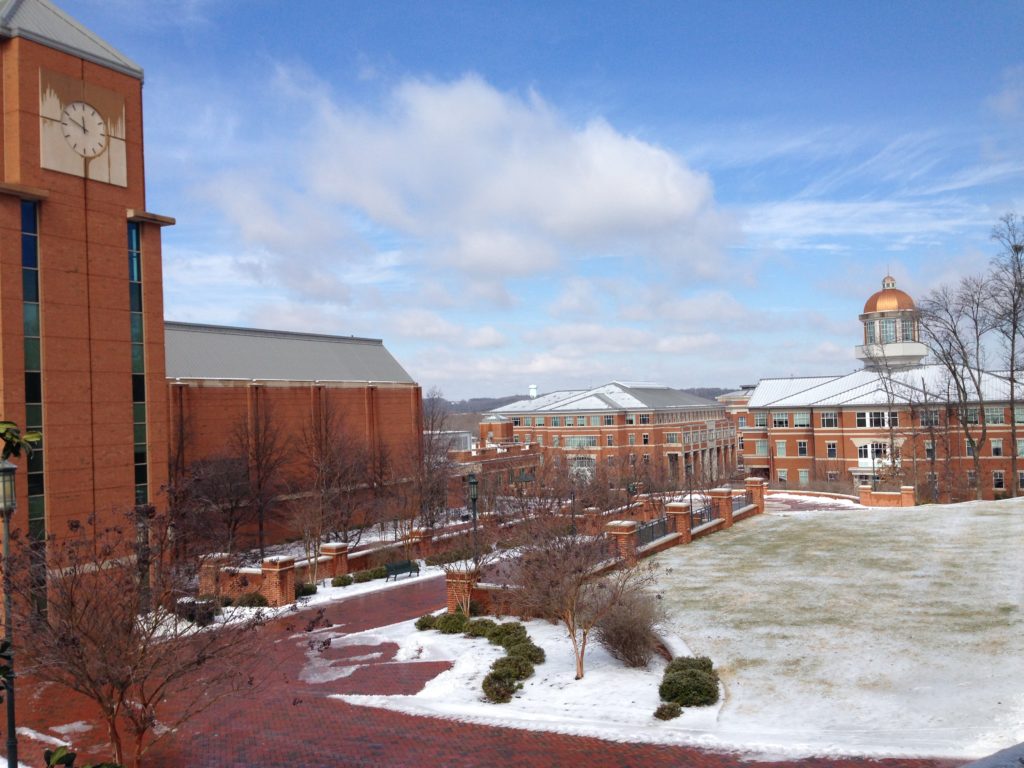
My ongoing goal is to help make life a little bit easier for people living at the margins of society and to learn to live in a way that has a minimal carbon footprint on Earth. I recently learned that coffee grounds can be used directly as fertilizer and asked my coworkers at LWR to save the coffee grounds in a container that I left in the breakroom rather than tossing it away. Then, I give the coffee grounds to St. Luke’s on the Avenue (a neighborhood church in Baltimore) for the community garden they started. I am living with six other volunteers and we will begin composting this week in a professional composter donated by St. Luke’s. I look forward to a year full of growth, advocacy and friendships in Baltimore.
